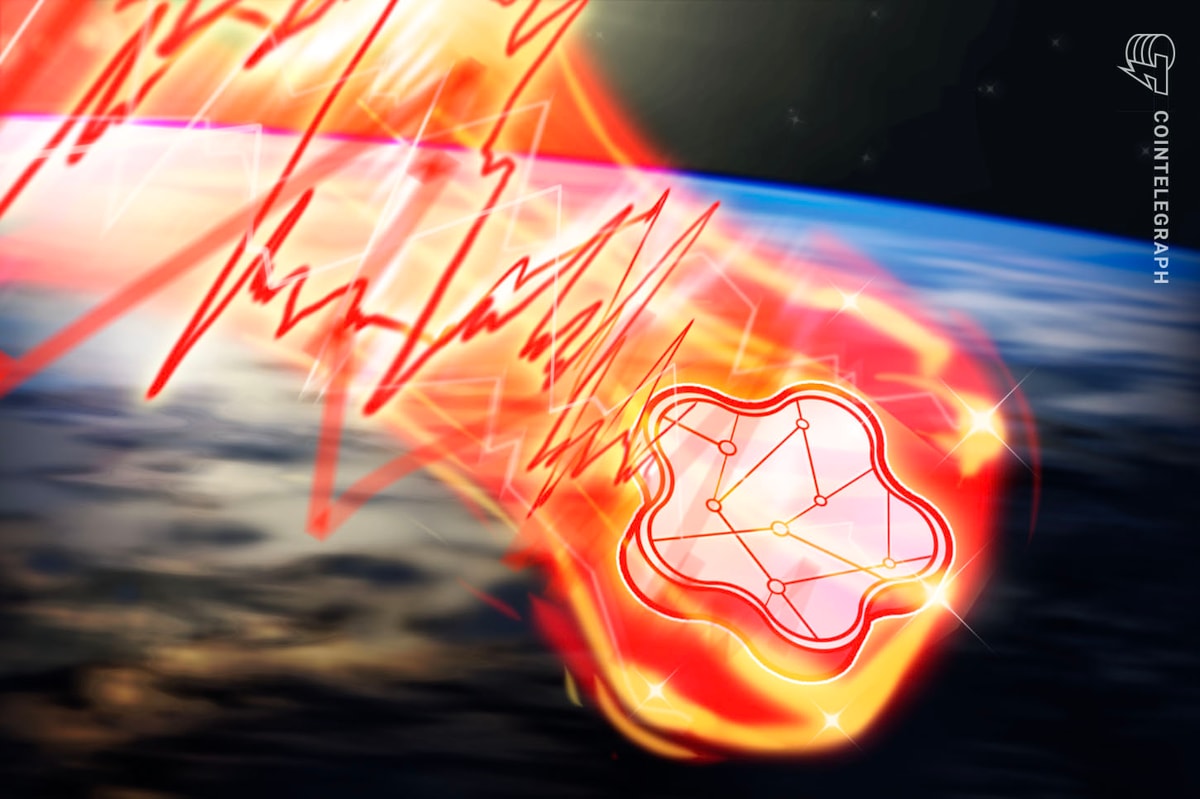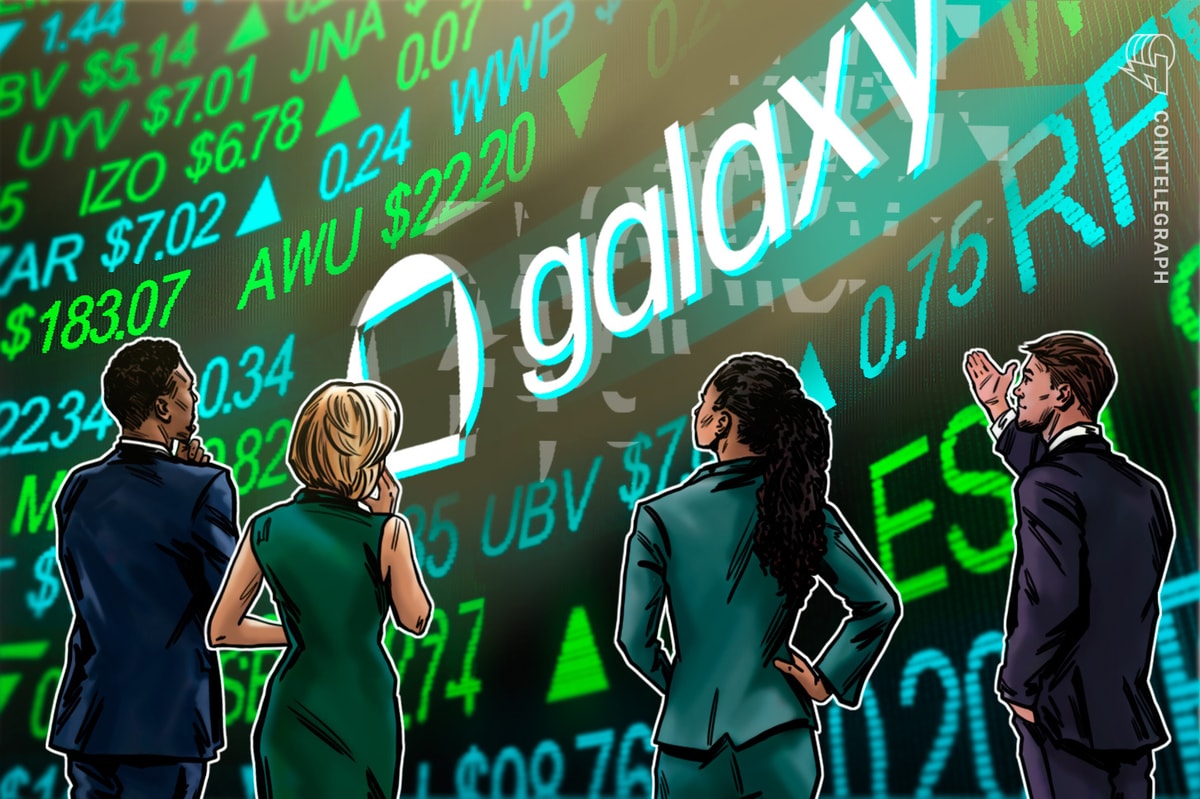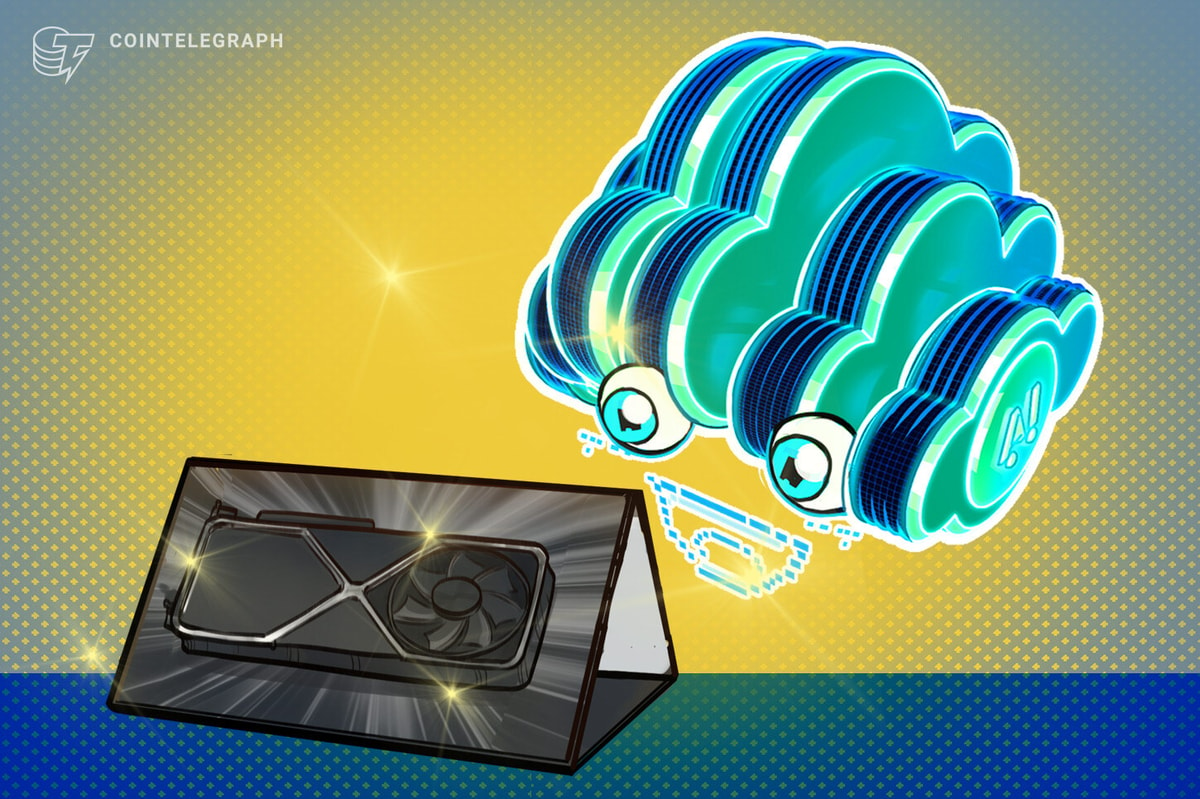As the music industry comes to terms with the rise of artificial intelligence (AI) seeping into productions, the Grammys recently clarified that AI-generated music will be eligible for awards in 2024.
On July 4, the CEO and president of the Recording Academy, Harvey Mason, clarified to the AP in an interview that:
“AI, or music that contains AI-created elements is absolutely eligible for entry and for consideration for Grammy nomination. Period.”
He stressed that the Academy would not give a Grammy or a nomination to the AI portion of the track. For example, if an AI voice model performs lead vocals on the track, it could be eligible in the songwriting category but not in the performance category and vice versa, the AP reported.
This is because “what is performing is not a human creation,” Mason explained, according to the AP. He said that as long as a human contributes more, and in a meaningful way, it will “always” be considered. For now, the Academy says it will not award AI itself any awards.
“We don’t want to see technology replace human creativity. We want to make sure technology is enhancing, embellishing, or additive to human creativity.”
The clarifications from the Academy CEO came after the organization updated its rules and eligibility criteria on June 28 to state, “a work that contains no human authorship is not eligible in any categories.”
Related: Google updates its privacy policy to allow data scraping for AI training
AI prevalence has skyrocketed since the emergence and widespread use of the AI chatbot ChatGPT in November 2022.
Some artists, such as Grimes, have openly welcomed the technology and even said she’s willing to split 50% of royalties with any creators who use her voice track in a successful song.
On the other hand, the rapper Ice Cube, famous for his work in the late 80s and early 90s with N.W.A., called AI demonic, saying he would sue anyone mimicking his voice on AI tracks, along with the platforms that host the song.
According to Mason, the Grammy’s have been heavily considering how to deal with the inclusion or exclusion of AI, and even held a summit with industry leaders on the future of AI in music.
He said he’s “imagining” that the technology will be involved in a lot of records and songs this year. To that point, two days after the new Grammy rules were announced, Paul McCartney revealed “the last Beatles record” was produced with AI extractions of John Lennon’s voice.
Cointelegraph reached out to the Recording Academy for further comment but didn’t get an immediate response.
Magazine: BitCulture: Fine art on Solana, AI music, podcast + book reviews











